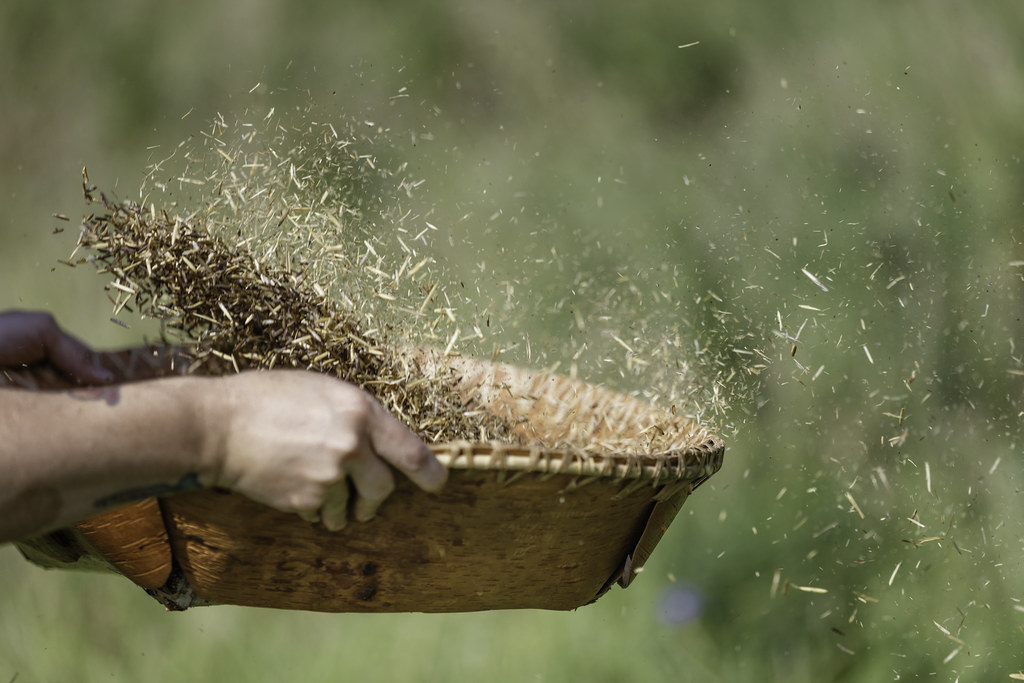We are used to think at CRISPR as a hope for the future of medical sciences, but now scientists are moving their attention to the world of crops and food.
Could many wild crop species be tamed by hacking their genome?
The story [1] that is doing the tour of the world started in China, with a wild species of rice called Oryza alta. It produces edible, nutritious grains, but they cannot be harvested because the seeds drop to the ground as soon as they ripen. So, Li, a plant geneticist at the Institute of Genetics and Developmental Biology in Beijing and his colleagues, want to remove this trait, known as seed shattering, and alter a few others. They sequenced the Oryza alta genome and compared it with that of domestic rice. They then targeted these genes with customized gene-editing tools, trying to recapitulate some of the genetic changes that make domesticated rice easy to farm. The results are not yet satisfying but the traits improve to some degree.

Other stories have been successful, for example the super tomato obtained in 2018 by CRISPR – Cas9, starting from the South-America wild species named Olanum pimpinellifolium. In this case scientists obtained a super tomato very rich in lycopene.
Advantages.
The interest in the CRISPR technique in crops is large, mainly because it seems to be less dangerous than traditional domestication techniques, that usually need to be accompanied by radiation or chemical interventions.
The CRISPR technique on wild species, also called de novo domestication, can quickly adjust few genes and it is more controlled. Furthermore, wild species use better nitrogen, so they need less fertilizers.
But it not all, wild species domesticated are more resilient to the effects of climate changes, as drought concerns.

The gap.
On the other hand, conventional crops have a large number of different genes compared to the wild ones, so scientists need to test several species originated by the de novo domestication, in order to test and characterize them.
Moreover, we have limited knowledge of wild-plant biology. Most wild plants have not even had their genomes sequenced, also in this case it is important to understand what the DNA sequences do.
Another matter to account is the implication of the rights of Indigenous groups. These communities used wild species for centuries, so they need to be included in any de novo domestication program from the star. The ethics is equally important.
References:
[1]Creating new crops with CRISPR – Michael Marshall; Nature 625, 230-232 (2024)





